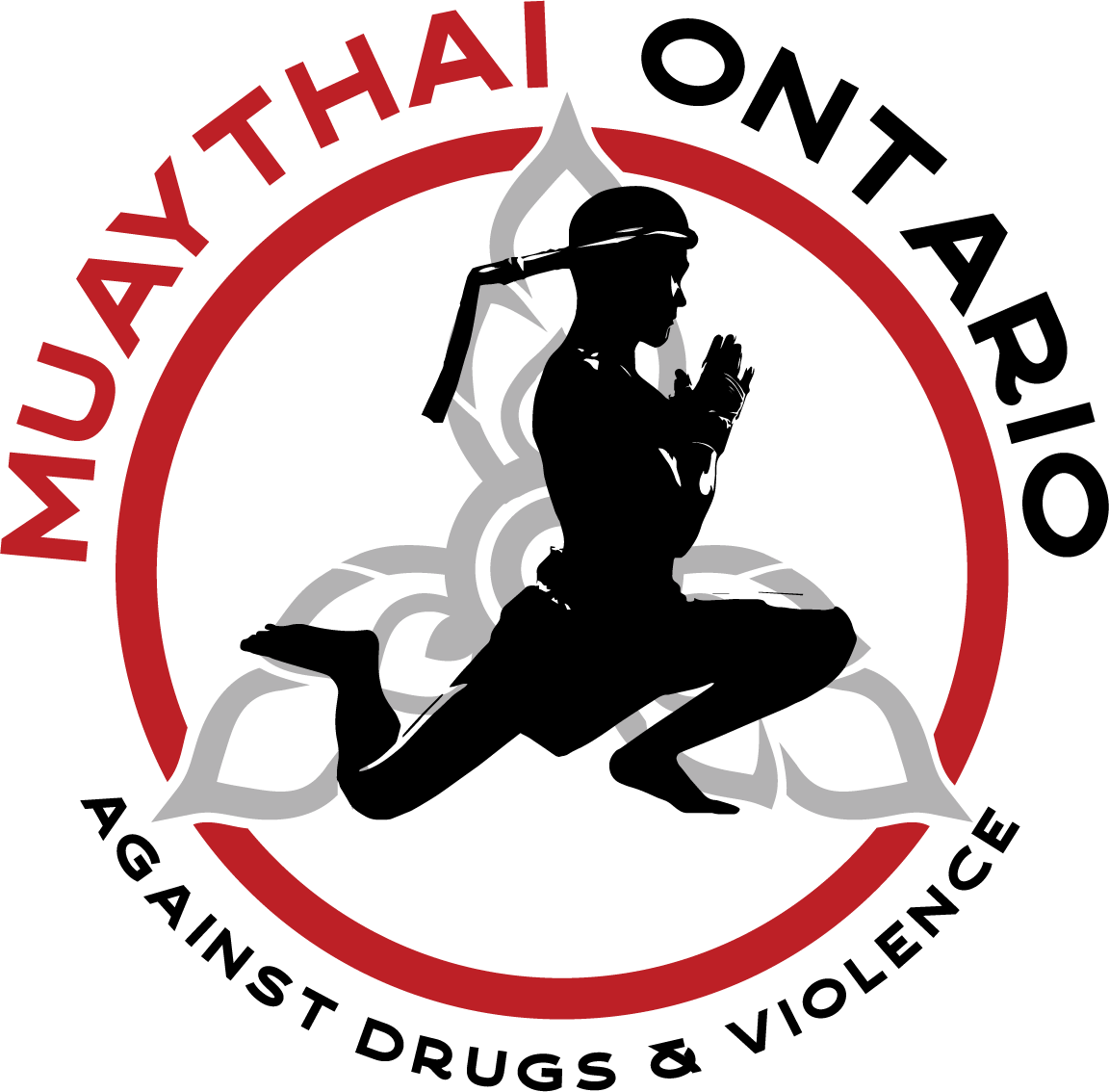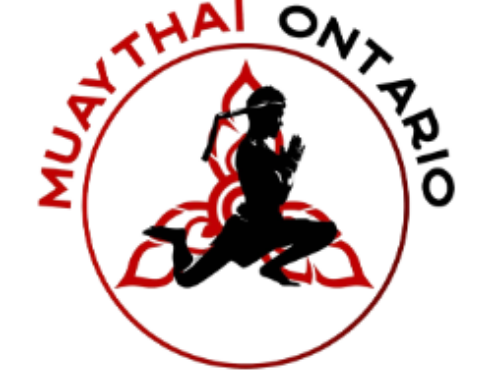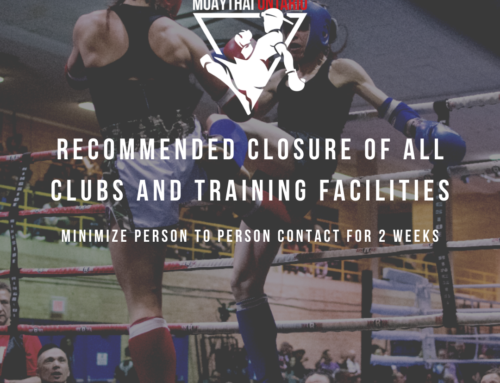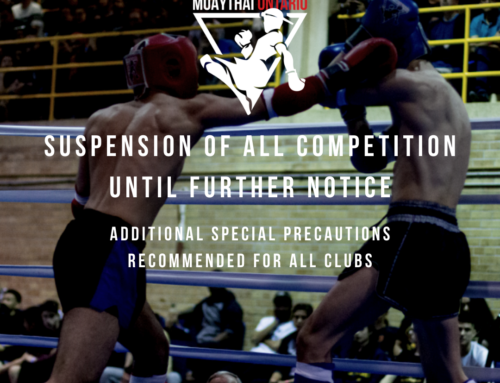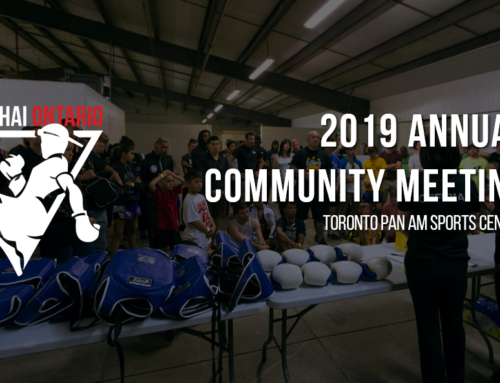
On January 15th, 2017 Muaythai Ontario saw its first annual general meeting as the newly designated Provincial Sport Organization for Muaythai. With over 40 people attending in person and online it saw great discussion among gyms owners, coaches, officials, and athletes. A summary of the topics covered follows:
January 2017 PSO Announcement
The sport of Muaythai has been without a designated Provincial Sport Organization since the closure of CAMTAO in 2009, making 2017 a special year for practitioners of the sport.
In order to receive recognition, Muaythai Ontario had to apply to the Ministry of Tourism, Culture & Sport under the GAME ON Sport Recognition Policy; a 20 page document with over 39 requirements ranging from international recognition, to screening requirements, to a passport control system.
In order to maintain PSO recognition, Muaythai Ontario must meet annual requirements set out by the ministry, including providing audited financial statements, a strategic and operational plan, annual budget, and other reporting accountabilities.
In addition to meeting the Ministry’s requirements, Muaythai Ontario must also meet the requirements of Muaythai Canada and the International Federation of Muaythai Amateur, remaining in good standing while following their technical standards and policies.
There are many benefits to PSO recognition for a sport; PSO’s have access to government funding opportunities that are unavailable to unrecognized organizations. Sports that are governed by a PSO are also eligible for inclusion in the Ontario Summer or Winter Games, and from there, the Canada games.
Hosting a Muaythai Ontario Event
With PSO recognition comes a few changes to MTO’s event sanctioning process. Part of these changes comes from ministry requirements, and some changes stem from structural changes required as the organization grows.
1. Sanctioning Policy
Muaythai Ontario now has a comprehensive Sanctioning Policy, which covers the process of hosting an event. All hosts (club or promoter) must agree to the stipulations in the Sanctioning Policy in order to hold an event, and should they be found in violation of the policy, sanctioning can be withdrawn.
2. Hosting Time Frames
The Ministry must receive at least 30 days notice of all Muaythai Ontario sanctioned events. Consequently a host will be required to submit their Agreement for Sanctioning with the event Official’s Fee payment at least 30 days prior to an event in order to host sanctioned competition.
3. Card Submissions Requirements & Verification
Muaythai Ontario reviews each match up for two reasons: adherence to the rules and regulations (match validity) as well as confirmation of the athlete’s record (participant research). Three weeks (21 days) prior to an event the entire competitive card must be submitted to Muaythai Ontario, regardless of its level of completion, such that the research and review process can begin.
We understand that amateur cards are subject to many last minute changes and the final card may differ greatly from the initial submission, however the process must start with sufficient time to allow review of each bout otherwise the host risks having contests cancelled.
4. A & Open Class Athlete Rankings
In 2016 Muaythai Ontario detailed its plans to release a province wide ranking system. We are happy to say that significant headway has been made on the system and we are in the process of filling in 2 years worth of historical competition data. Rankings will continue to determine athlete eligibility to contest for a Muaythai Ontario Provincial Title.
Moving forward, the ranking system will be the book of record for athlete information, including membership status and medical clearance for competition. The system is adaptable, and could see a national roll out following a pilot period in Ontario.
5. Event Titles
Muaythai Ontario covered the topic of Event Titles/Promoter Titles at last year’s Annual Meeting, but revisited the topic this year for further clarity.
The goal of the Muaythai Ontario ranking system is to create a unifying structure for the entire province that is consistent regardless of which area or which event an athlete may be competing. Under this system, Event/Promoter titles/belts cannot be awarded to two Canadian athletes competing against one another.
- Two Ontario athletes may contest a MTO or MTC title;
- Two Canadian athletes from different provinces may contest a MTC title; and
- Bouts involving an international athlete may contest a promoter event title.
For Ontario and Canadian athletes, event hosts and promoters will still be able to provide awards and acknowledgements outside of title belts, such as cups, trophies, medals, plaques, etc, and are encouraged to do so.

2017 Annual Meeting. Photo: Kirill Zimnitski
Rule Amendments
Moving in to 2017, Muaythai Ontario has fully adopted the rules, regulations, and technical standards of Muaythai Canada. Ontarians first got a taste of this rule set during the 2016 National Championships, and the changes bring many positive benefits to competition as the country comes in near full alignment with IFMA. A summary of the key rule changes follow:
- The adoption of IFMA standard weight classes (in kg) across all ages;
- Open Class changes from a 25 to 20 experience minimum and becomes an optional class for competition;
- Athlete’s are not forced in to Open class competition, and once eligible for Open class they can alternate between A Class & Open Class at their choosing;
- Open class moves from 4×3 minute rounds to 3×3 minute rounds;
- Laboratory blood testing is required for all athletes age 16 and above;
- More junior athletes will be required to wear body protectors, which will then be removed as the athletes gain experience;
- Juniors under the age of 12 are not permitted strikes to the head;
- Age category upgrades are no longer permanent (e.g. a 12 year old athlete can sign a waiver to fight a 14 year old, then later compete against a 12 year old); and
- The adoption of the IFMA definition of a professional athlete;
- Athletes who have competed professionally are allowed to participate in A/Open Class MTO events. An athlete may submit a request for amateur reclassification to B class, which would only be considered for athletes with minimal, low level pro experience;
- Match ups are still reviewed for safety.
A visual summary of the rules can be found at our Competitive Division Summary page.
New Website Governance & Policy Sections
As part of PSO recognition, Muaythai Ontario is required to maintain a number of policies that the organization and its members must abide. These policies are available under “Documents” on Muaythai Ontario’s website. These documents are extremely important for Muaythai Ontario to operate in an open and accountable manner, and all members should give them a thorough read.


